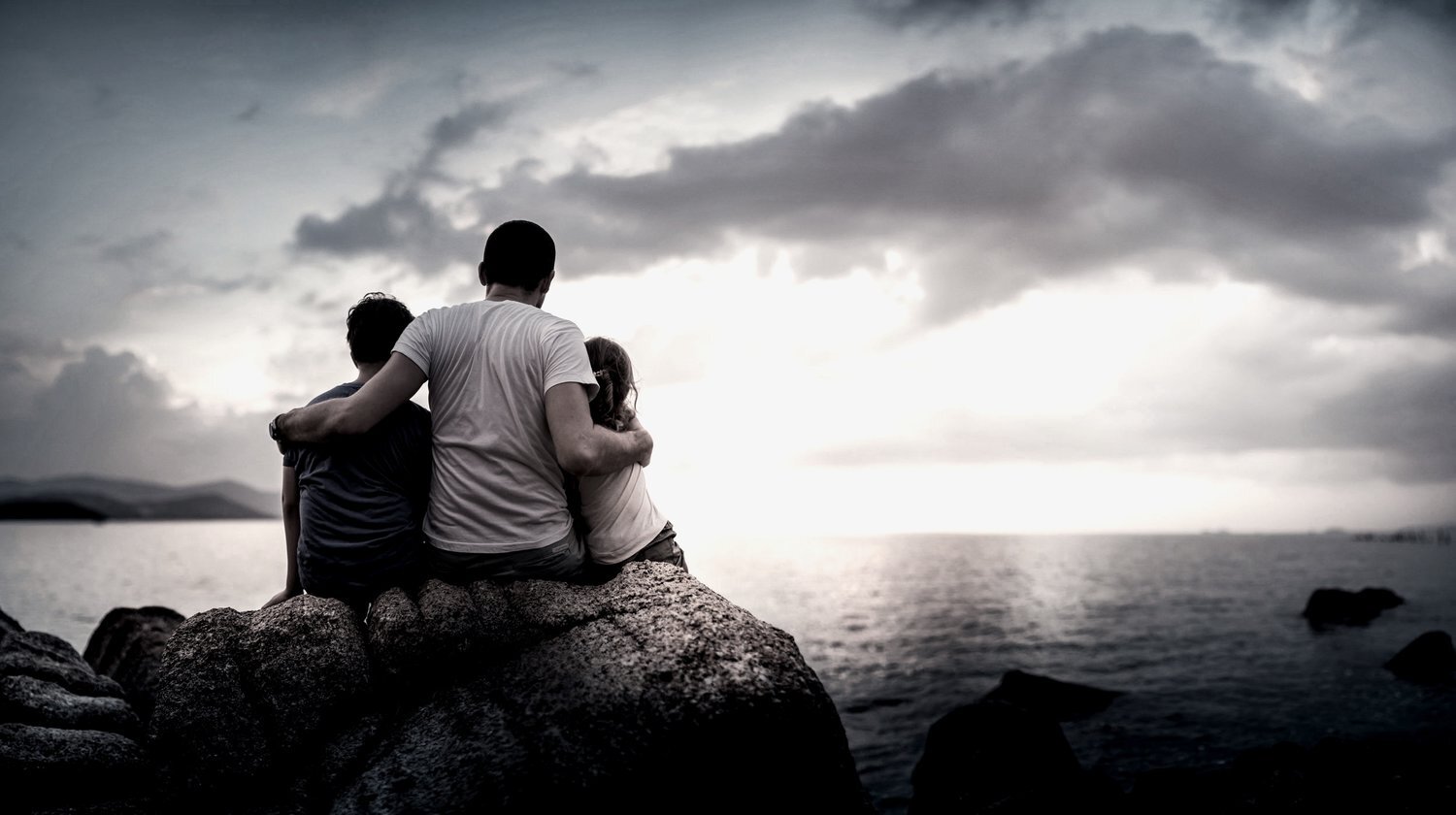
“Do you not see the tired commuter, the depleted homemaker, the businessman with the third martini - all longing, yearning, for something larger in their lives?'”
- James Hollis -
Creative conversations that provoke and inspire
The second half of life offers unique opportunities and choices about how we live our lives.
We know our patterns, our strengths and weaknesses, we know what energises or depletes us. We might have established talents and capacities that open doors, or resources and time to invest. We have known disappointment and struggle and we have insight into who we are, how we do well and how we limit ourselves.
Yet as we arrive in this phase of our life, it is easy to neglect these possibilities and return to our old comfort zones. We need to act consciously, deliberately, while accepting that the price of psychological or spiritual development entails disorientation, anxiety and ambiguity
There is no substitute for taking this work on ourselves; no-one can do it for us and reading about it or trying to achieve transformative change by proxy is doomed to failure. Yet knowing that we are not alone in our struggle and that, to some degree, our process is ‘normal’ can be helpful.
As I look back, I remember conversations where my perspective on the unsettling transition into the second half of life shifted dramatically. In moments of chance and unexpected synchronicity, I found kindness, support and encouragement as well as insight and challenge. Since then, the opportunity to pause, explore and reflect has since become a cornerstone of my practice and provides a deliberate, intentional moment to catalyse insight, test ideas, speak differently and promote change in our life and work.
I follow three broad levels of dialogic inquiry; finding ourselves, how we work in relationship and how we can change our world.
Finding Ourselves
Here we begin to figure out ‘where we are coming from’ and what we really care about. How do we see the world now and what has changed? Who are we as we speak out into this world? This part of our work takes us ‘upstream’ into the source of our identity and looks at how particular habits sometimes help us and other times get in the way. What opportunities or challenges might be offered to us as a consequence of our class, age, gender, race, status and how can we bring awareness to the way we ‘know ourselves’ now?
Working in relationship
As soon as we engage with others, complex patterns and behaviours begin to play out. How we work in groups and teams is intimately connected with how we each see ourselves, the presence that we bring to relationships and the nature of the dialogue that unfolds. As our identity shifts, our ability create the relationships and conditions that lead to change begin to shift too. Here we might consider our how we think about collaboration and competition, how we think about boundaries and inclusion/exclusion, how we respond to power and control in groups. How can we feel safe, open and vulnerable or when does the group retreat to defensiveness and resistance?
Changing our world
How do we shift our wider relationships, organisations and institutions? Organisations are endlessly complex and what works in one place might fail badly in others. So, how can we find out what works in our specific situation and what might change things for the better? How could we bring new values and purpose to bear? How do we work with influence, create the conditions that empower people to act and transform popular opinion, organisations, institutions and governments? What conversations will enable action that has lasting value and consequence?
“Simply doing what we were born to do evokes a sense – subliminal or fully felt – of competence, of being at home in the world.”
- Ellen Dissanayake -
Throughout our inquiry dialogues, I promise to bring values of mutuality, ethics, respect and democracy to our work. I will encourage reflection and careful, rigorous attention to what is going on; how intention is formed, how it emerges into the world and the impact that occurs. We will think about whether our actions are actually having the effect we seek and whether those effects are truly congruent with what we most deeply believe.
Our inquiries will typically last about an hour and can be on-line or, if circumstances permit, face-to-face. Before we speak, I might suggest some pre-work, reading or gentle inquiry into the questions you hold. Following our sessions, you might be reflecting on your intention and impact, or experimenting with new ways of thinking and behaviours.
Throughout our work, you can expect complete confidentiality and we will work at your pace on your agenda.
London: Nikon D200
“Normal is getting dressed in clothes that you buy for work and driving through traffic in a car that you are still paying for - in order to get to the job you need to pay for the clothes and the car, and the house you leave vacant all day so you can afford to live in it.”
- Ellen Goodman -

